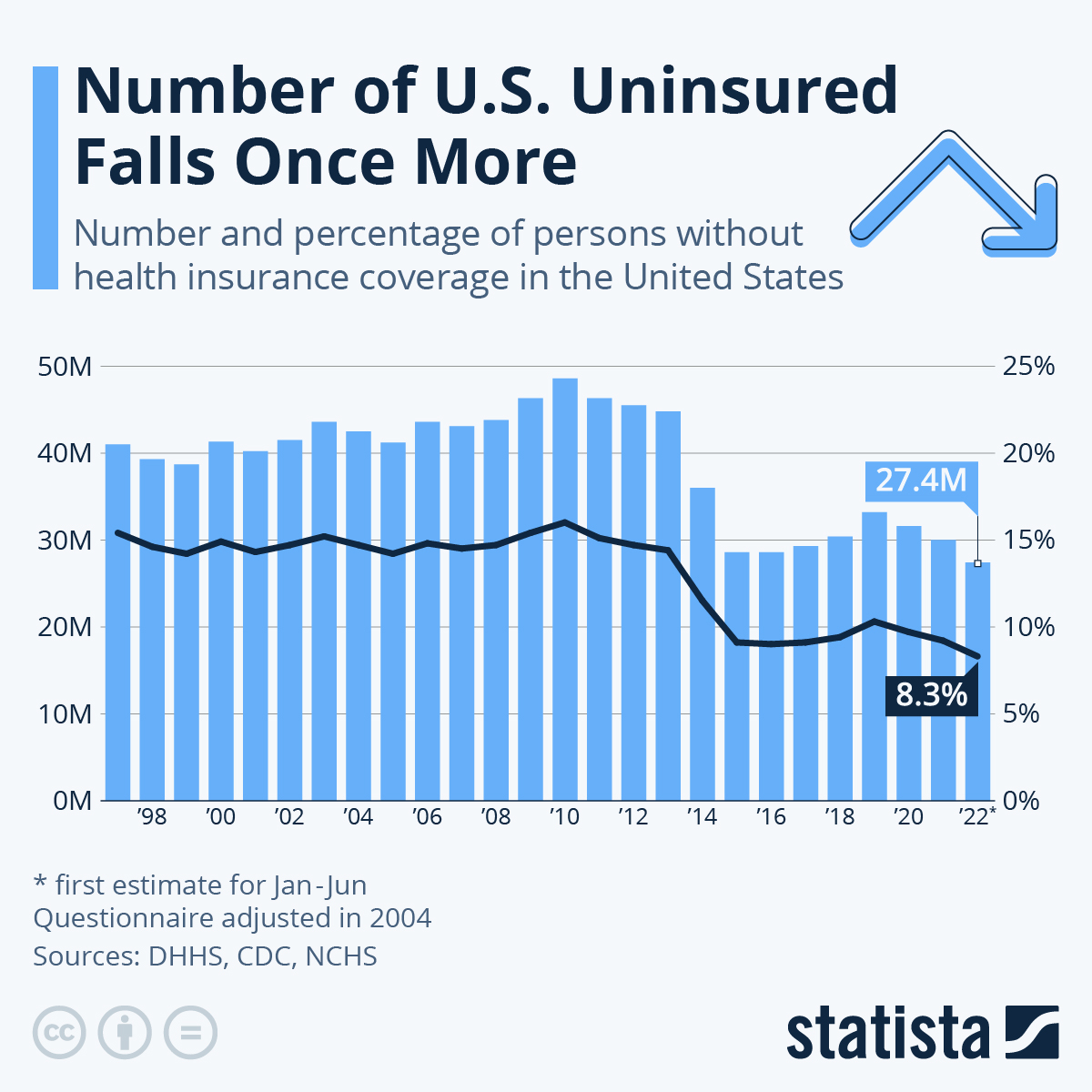Majority of u posting dont live in Louisiana, so why u mad he telling black folks in Louisiana to get out and vote..
Louisiana stay at the bottom every year when its comes to poverty, education and resources…,
But hey!!!! BG is home
Louisiana is 58% White, 33% Black, 6% Latino, 2% multiracial, 1% Native American.
Only about half the White people vote in midterm elections. If Black folk in Louisiana got together and had significantly better turnout than White people, they could decide statewide elections. Instead, they always have lower turnout, which means that White people's 58% of the population turns into an overwhelming advantage in actual voting.
* At 75% turnout, Black folk would only need to get 8% of the White vote for their candidate in order to win the election.
* At 60% turnout, they would only need 16% crossover from the White vote in order to gain a majority.
* Drop that to 50% turnout, and they need 22% of the White vote to win.
* But at 40% turnout, which is closer to what they're getting, they need 28% of the White vote. Which they're not going to pull in Louisiana.
You could do similar calculations for states like Mississippi, Alabama, and South Carolina. Push hard as hell and get turnout up to 60-70%, and you have a realistic chance to decide midterm elections. Stay in the struggle zone of 40% turnout, and it will never happen.
And in case you think 60-70% voter turnout is unrealistic....there were 20 states where white people had over 60% turnout in 2022, led by Oregon with 74% (though Oregon does vote by mail). And it's not like any of those states needed a special white voter turnout drive to pull those numbers. Alaska, Arizona, Colorado, Maine, Michigan, Minnesota, New Mexico, and Washington all had White voter turnout of 65% or better. So Black voters could do it. Yes, there are more obstacles. But there's also a lot more on the line for Black folk than for White folk. So why not try?
minor math fudge - not 100% of Black people who voted would be on program and vote for the Black candidate, of course. But of the 9% "other" voters, most of them would probably vote for the Black candidate over the White one. So to make math easier, I roughly assumed that the number of Black folk lost to voting for the other side would be matched by the # of extra Brown folk supporting the Black candidate. I also assumed that eligible voter demographics were the same as population demographics, which isn't quite true.





